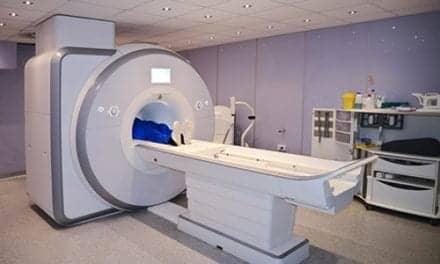Researchers at Thomas Jefferson University (TJU) in Philadelphia have uncovered a mechanism that seems to explain why obesity predisposes a person to developing ARDS, which may also lead to a new strategy for preventing this condition in obese individuals.
Ross Summer, MD, associate professor at TJU, and colleagues examined the blood vessels that deliver nutrients to the lungs of obese mice and saw that they were poised for creating the fluid-filled, inflammatory environment seen in ARDS patients, according to a Medical Xpress news report.
The researchers recreated conditions that lead to ARDS in mice, finding that obese mice were more likely to develop respiratory distress from fluid flooding in the airspaces of lungs. Obese mice also had almost a 50% greater amount of infiltrating neutrophils, which is a first-responder immune cell that frequently initiates an aggressive immune response. Dilip Shah, PhD, first author of the study, explains, “It’s possible that the higher quantity of adhesion molecules in obese mice nabbed the neutrophils out of circulation at a greater rate in obese mice than in non-obese mice, leading to more inflammation.”
The researchers then tested the serum of obese mice in order to understand what caused the differences in adhesion molecules and junction proteins in lung blood vessels. The team incubated the obese-derived serum with normal lung blood vessels and observed the same changes as seen in blood vessels in the lungs of obese mice. This indicated that something in the blood of obese mice was causing changes to lung blood vessels, as indicated on the Medical Xpress news report.
Summer says, “While immune activation is usually protective and beneficial in the body, in the case of ARDS, the immune system acts like a runaway train, gaining speed and momentum as it goes, without the breaks that would normally slow it down and keep it from causing too much damage in the body. Inflammation together with fluid build-up cause the lungs lose their ability to exchange oxygen and carbon dioxide, and can lead to death.”
Summer adds, “Although our work needs to be confirmed in humans, our studies in animals suggest that obese patients with ARDS may have a biologically different disease than their non-obese counterparts, and our research could point to a new therapeutic avenue for these patients.”
Source: Medical Xpress









